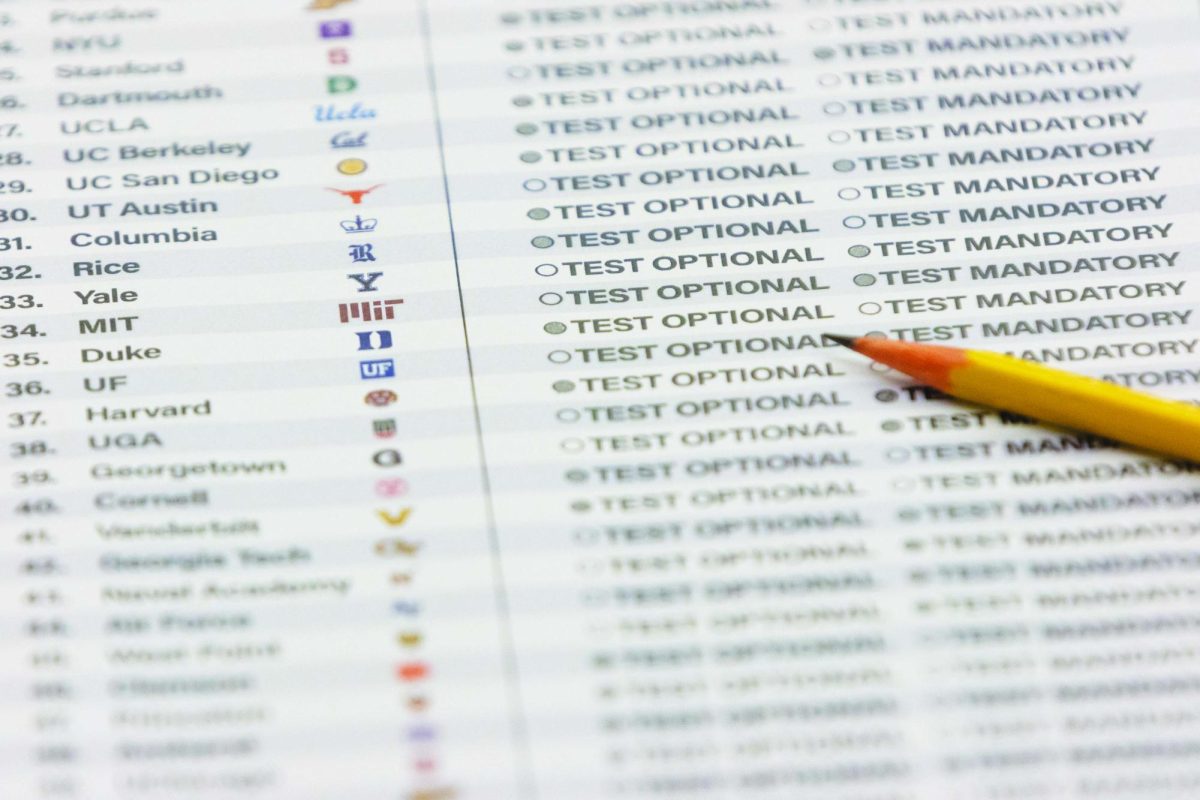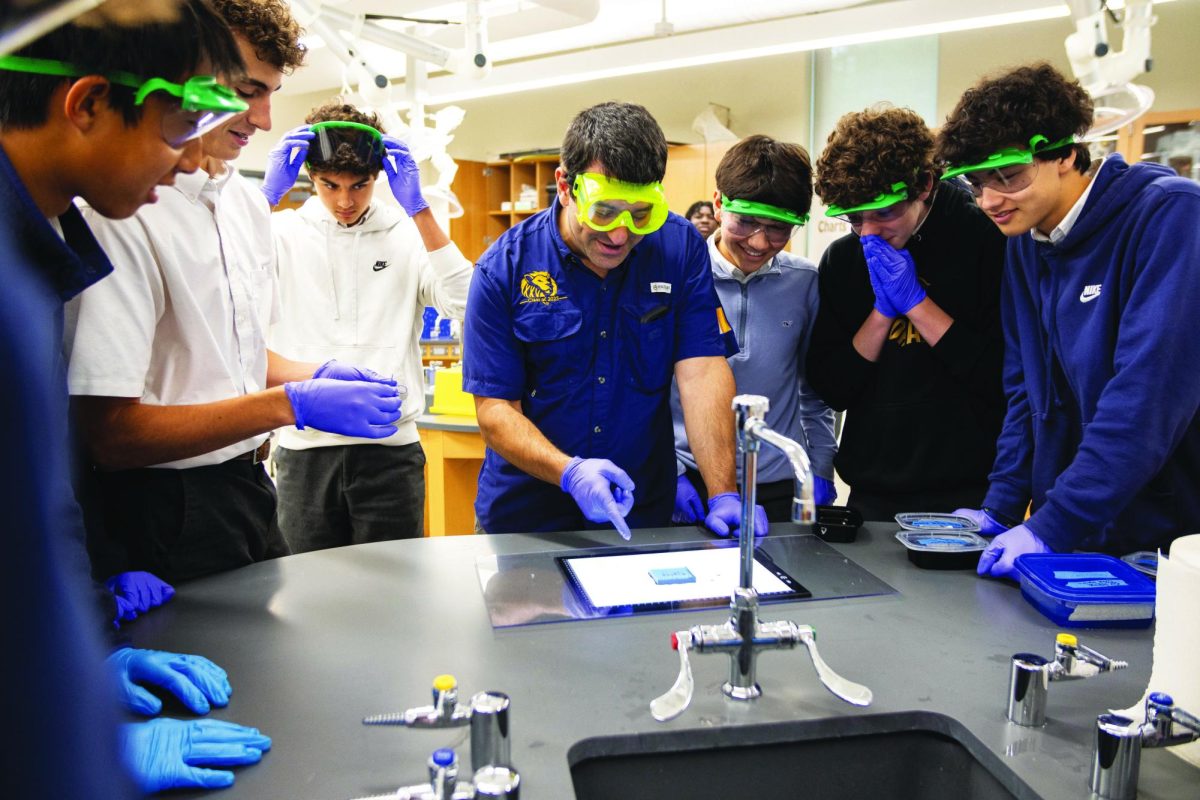In early 2020, with the advent of COVID-19, standardized testing centers across the country that administered SAT and ACT tests were forced to close. The change prompted many colleges to make the tests optional. But recently, many top universities, such as Dartmouth and Yale, have announced that for fall 2025 application test scores will once again be mandatory.
These quick changes come as the exams themselves are undergoing significant makeovers. For example, this past March, CollegeBoard introduced a digital version of the SAT—two-thirds the time, half the questions and a new adaptive system with the online calculator Desmos installed.
These changes have been met with divided reactions. Some experts believe that the digitization will benefit well-prepared students and make the test more forgiving; others disagree, and among other claims argue that staring at a screen for extended periods of time can be damaging to students’ health.
Critics of standardized tests, which have been used for decades in the college admission process, have long argued that the tests are poor gauges of academic success, and that more affluent students held an unfair advantage due to better access to test preparation materials. Many had previously hoped that the switch to test-optional would be permanent.
Some colleges believe otherwise. In a statement from MIT’s Dean of Admissions Stuart Schmill, he pointed to research done by an analysis team that indicated that SAT scores helped significantly in predicting a student’s academic readiness. Another study conducted by a group called Opportunity Insights based out of Harvard found that students from different socioeconomic backgrounds who had the same standardized test scores were likely to receive similar grades in college.
Associate Director of College Counseling Josh Shandera believes that the reversal comes with its own pros and cons, and cautions against jumping to conclusions with the data.
“A lot of colleges are comparing data from students pre- and post-COVID, with and without test scores,” Shandera said. “For a lot of schools, test averages had been really inflated because only students with really high test scores were submitting them.”
With the reintroduction of mandatory test scores, the data pool being used will become more representative. And Shandera thinks that although scores will be required, colleges may decide to factor in the scores less than they had prior to the pandemic.
Even so, these varied policies have been the cause of much confusion and anxiety in students across the nation applying to schools.
“Do I need a test score? Do I send one? Who’s looking at it? How much are they looking at it? There’s a whole bunch of different things (to consider),” Shandera said. “We tell students to still plan for prep if you want to anticipate taking standardized tests, and then when it comes time to actually apply, we can figure out what you do with the score.”
Some students prepare months in advance, with books like the Princeton Review, or with digital materials like Revolution Prep. Junior Matthew Freeman is one of many students who use outside test preparation. He supports the change back to mandatory test scores.
“I’m submitting a score personally, and so I think it’ll allow colleges to look at my scores along with people that may have similar grades,” Freeman said. “Colleges post an average score range, and if you submit a score that’s below the range, that’s going to hurt you, but if you submit a score in the range or above the range, that’s going to help you a lot.”
While standardized test scores might not necessarily reflect how ‘smart’ somebody is, they can offer a more comprehensive report on a student, adding another element to the admissions decision. Officials at Brown, Yale and Dartmouth also found that many students who withheld their scores thinking it would hurt their application would have boosted their chances by submitting them.
“I think the switch back to testing provides a more holistic view on the student in question and their abilities,” junior George Hoverman said. “Although it’s not perfect, testing can also help differentiate between students in different schools.”
Though the majority of colleges are still electing to stay test-optional for the coming fall application, many more are bound to follow the switch back to testing in the future. The chasm between submitting scores or not only continues to grow, and the scene of this integral part of highschool culture is in the middle of complete change.






